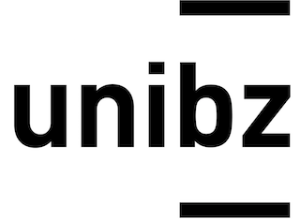- Instructor: Gesa Busch
- Instructor: Christian Fischer
Learning outcomes - By the end of the course, students will gain knowledge that enables them to:
(1) Describe the main production system in processed fruits, such as fruit juices, puree, jams and jellies and fresh cut fruits.
(2) Knowledge of the main chemical, physical and biological fruit properties and their modification during fruit processing and storage.
(3) Knowledge of the main reactions ruling the quality, safety and stability of processed fruits during thermal treatments or storage.
Course contents - The course is designed to provide graduate students with an overview of the main processing steps used during the transformation of fruits, emphasizing the chemical, physical and biological changes occurring during processing. Specific attention will be given to the production of fresh cut fruits, fruit juices, jams, jellies and marmalades and dried fruits. Accordingly, the course will cover the following specific topics:
(1) Mass and energy balance of the main operations in fruit processing;
(2) Quality and stability of processed fruits and shelf life estimation;
(3) Thermal processing of fruits and their effect on quality, stability and safety
(4) Production systems of fruit juices, fruit puree, concentrated juices and jellies
(5) Fruit by products, including enzymes, pectins and antioxidants
Teaching methods – This course consists of 18 hrs of frontal lectures and 12 hrs of practical exercises. Frontal lectures will be hold by the Professor in the form of digital slides and videos. Exercises will consist on the solution of practical problems with the use of a spreadsheet (MS Excel). Lab activities will include the measurement of the main quality variables and the use of enzymes and pectins.
Readings/Bibliography- The content of the course is based on the following bibliography:
· Slides presented during the lectures.
· Mircea Enachescu Dauthy, in: Fruit and vegetable processing, FAO AGRICULTURAL SERVICES BULLETIN No.119, freely available online at http://www.fao.org/docrep/V5030E/V5030E00.htm
Furthermore, for a deeper understanding of the topic presented during the course, it is recommended the reading of the following book:
· Diane M. Barrett, Laszlo Somogyi, Hosahalli S. Ramaswamy in: Processing Fruits: Science and Technology, Second Edition, CRC Press.
Assessment methods - Coursework will be weighted as follows: final written exam (100%). It will not be possible to pass the course if the final written exam has a mark lower than 18.
Teaching tools- Generally, Power Point presentations are available in the course reserve collection database of the Faculty 1 day after each single lecture. Additional material are provided by the Professor.
- Instructor: Mohsen Ramezani
- Instructor: Matteo Mario Scampicchio
